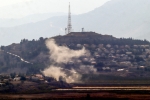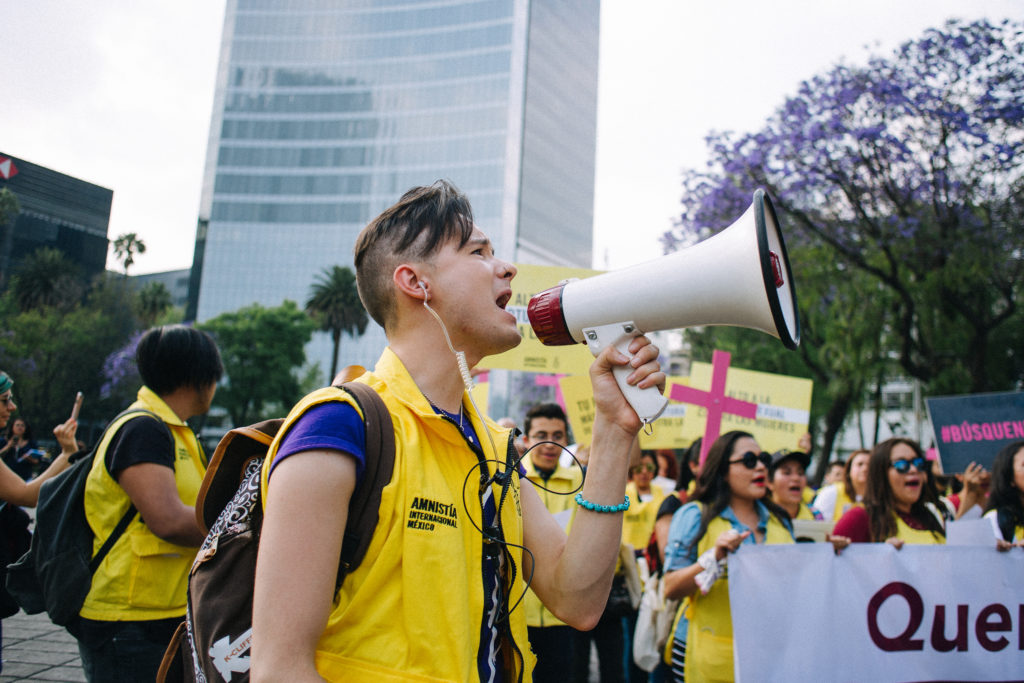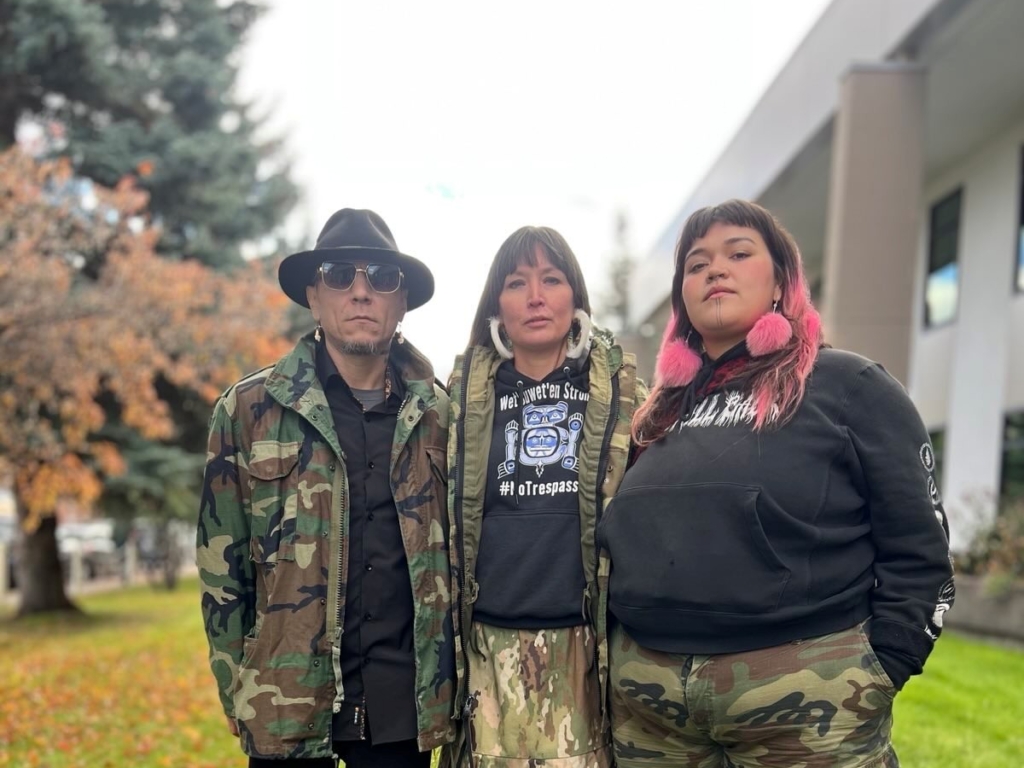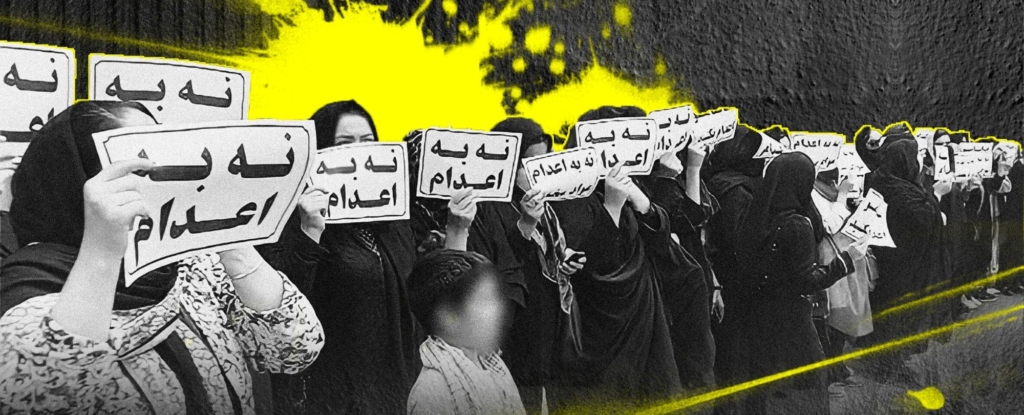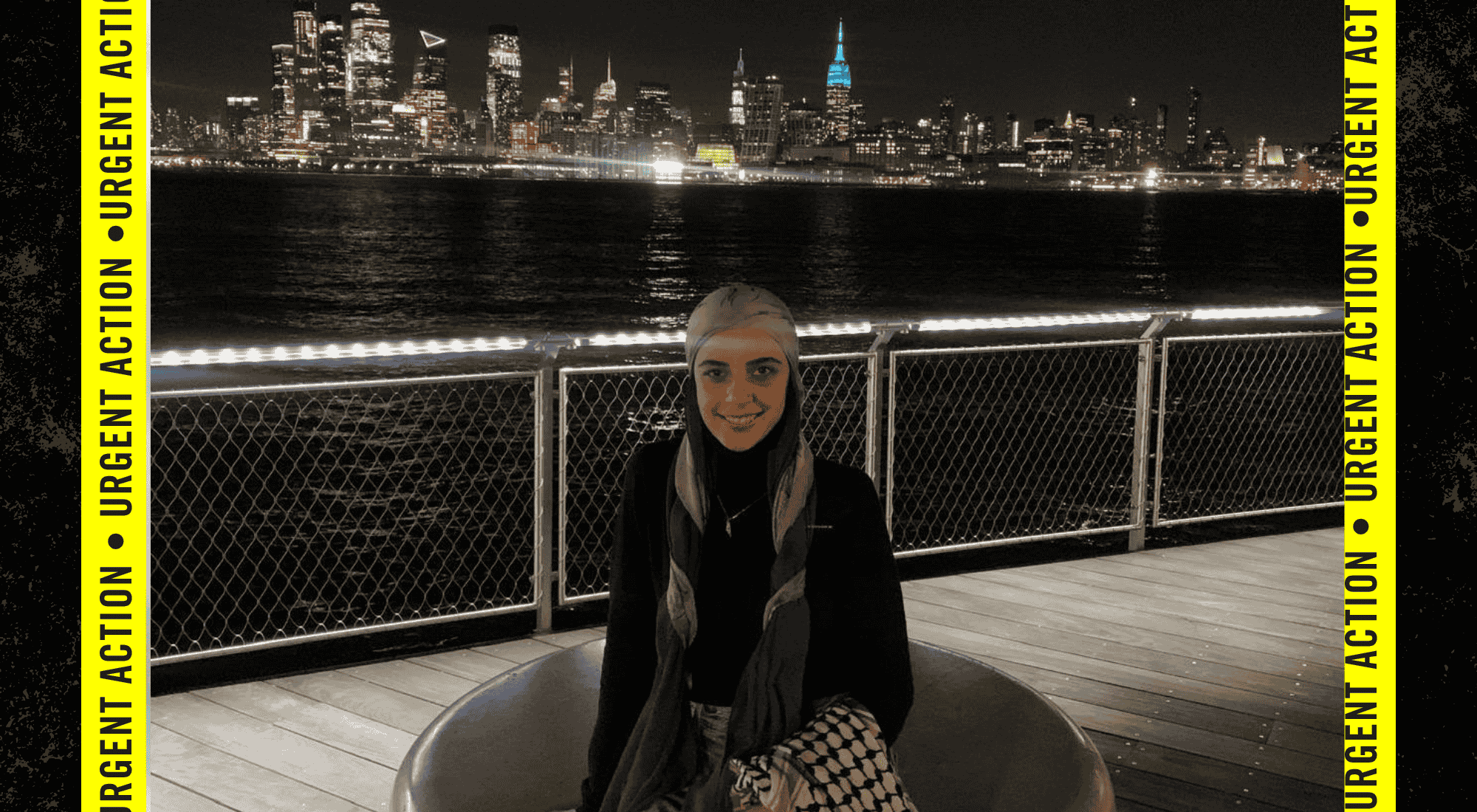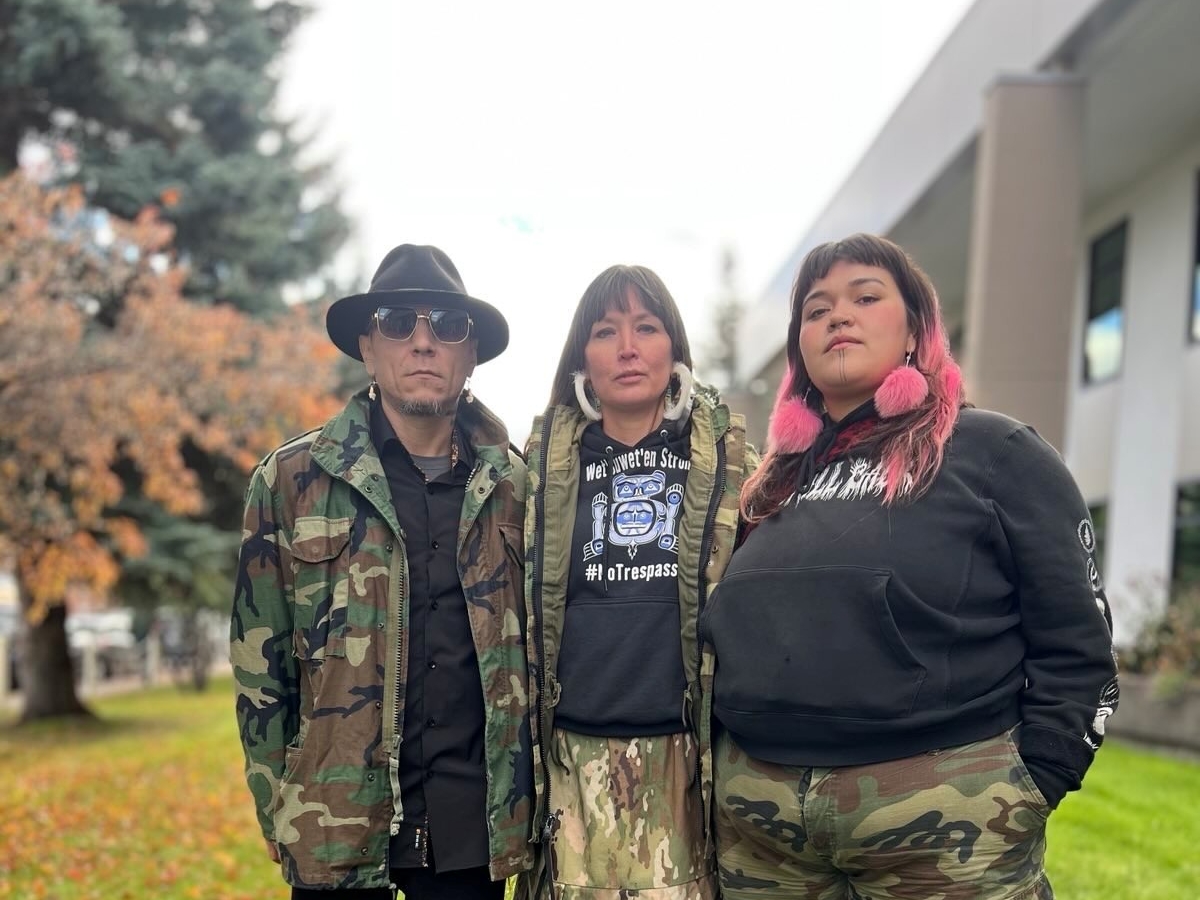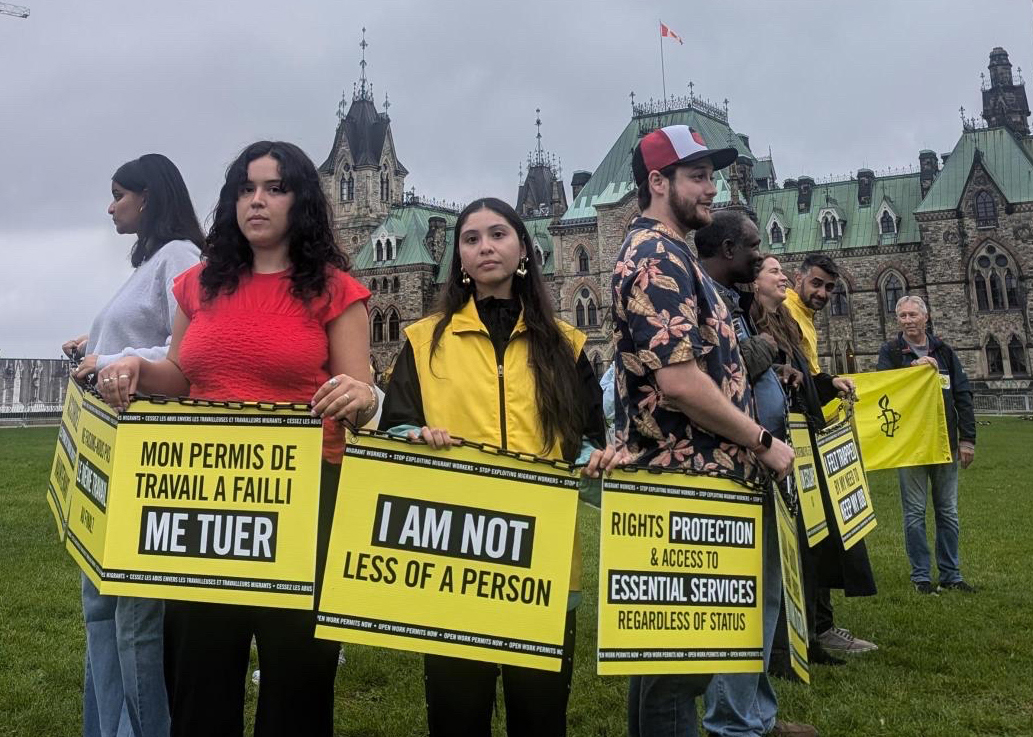Two things need to be said up front about British Columbia’s Site C dam.
The first is that flooding more than 100km of the Peace River Valley and its tributaries will be profoundly harmful to lives and well-being of Indigenous peoples in northeast BC, which is why there has been such strong opposition to the dam from Treaty 8 First Nations.
The Peace River Valley is a unique ecosystem supporting plants and animal populations crucial to Cree and Dene-Zaa cultural traditions. It is also the location of countless graves and historic sites. On top of that, the valley is also one of the few remaining areas in the northeast that have been largely protected from the impacts of pervasive resource development in the region.
The independent panel that conducted the environmental assessment of Site C on behalf of the federal and provincial governments called these impacts severe, permanent and irreversible.
The second point is that there have always been alternatives. The BC government has promoted Site C as a source of electricity and a creator of jobs. These same goals could also be met through a combination of technologies, from solar to wind to geothermal, as well as through new investments in energy saving. Site C was chosen not because it was the only choice, but because the provincial energy utility BC Hydro claimed it was the least expensive choice.
In other words, rights of Indigenous peoples protected in Treaties, the Constitution and international law are being sacrificed in the name of cost savings.
If this wasn’t bad enough, the province’s assertions about the need to generate electricity on this scale, and the claim that a massive hydro-electric dam is the most effective way to do so, have themselves been cast into doubt.
NEW STUDY CHALLENGES ECONOMIC ‘JUSTICATION’ OF SITE C DAM
A detailed study by a group of independent academic experts published this week says the cost advantages of the dam have been exaggerated and that rushing to build the dam will actually result in produce surplus power that BC will be forced to sell at a loss for at least a decade.
The report recommends immediately suspending construction – a measure that it says will ultimately save the province money – and empowering the arms length BC Utilities Commission to examine the contested claims about energy needs and the cost efficiency of a large dam project.
The lead author of the new report, Dr. Karen Bakker, director of the University of British Columbia Program on Water Governance, put it this way: “This is the largest infrastructure project of a generation so the risks, if we get it wrong, are high…. We actually have a great opportunity to do a non-partisan, common sense, sober second-thought analysis and it’s really critical for the province to do that at this time.”
This, incidentally, is the same recommendation made by the federal/provincial review panel. That panel had also flagged unresolved questions about the need for the dam and its eventual cost even before the federal and provincial governments officially decided that its destructive impacts were “justified” by its benefits.
The federal and provincial governments both have the power to put the project on hold by withdrawing or suspending permits. Critically, doing so now would allow time for outstanding issues of Treaty violations to be resolved fairly before the dam genuinely reaches the point of no return in which these rights can no longer be protected.
Surely in the 21st Century, among governments that are publicly committed to reconciliation, there’s no price tag that can put on upholding the rights of Indigenous peoples.











